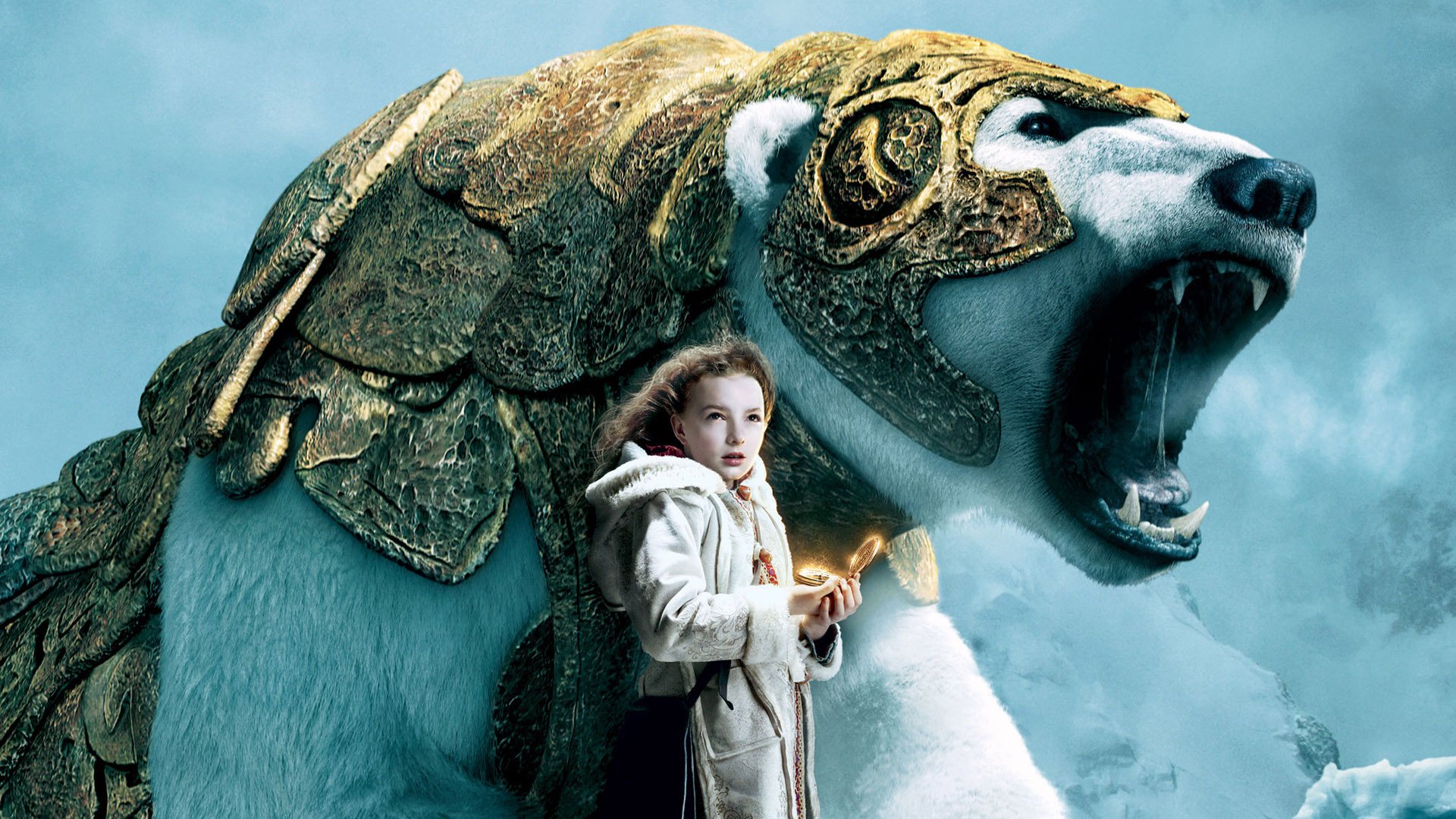

Lyra's alethiometer, a round object like a large pocketwatch, is built like a compass (hence the title), with a bunch of little needles like hands on a clock face that the user can move around to point at any combination of symbols situated around the face, which all have near-infinite sets of meanings. Which is why it's so maddening knowing how good it could have been, if it weren't for the one thing that completely dooms it: The Golden Compass doesn't trust its own audience to understand what a "golden compass" is. But as a movie about a young girl named Lyra (Dakota Blue Richards) living in a world where our souls manifest themselves outside our bodies in the form of animals, it's pretty okay! It's not good, but it's okay. fine? As an adaptation of the start of one of the weirdest and most esoteric "children's" book series in the world, it more or less sucks (we'll get there). Here's the thing: The Golden Compass is kind of. Now that Pullman's story is being adapted once again, this time in a more appropriate episodic format for its first season, I figured it was time to revisit the movie to see if my opinion had changed at all. As a huge fan of the books, I remember being so stoked for the movie, and then so disappointed coming out of the theater. And meddling by the studio completely cut out the book ending, saving it for a second installment that never happened. The controversial religious aspects of the text were softened, perplexing fans and critics alike. What happened? The complex plot was dumbed down to fit a more traditional film format. All the way back in 2007, a lifetime ago, New Line Cinema, hot off its success with the Lord of the Rings trilogy, brought The Golden Compass to theaters. But this is not the first time this complex book series has gone from page to screen. Philip Pullman's His Dark Materials trilogy, which began in 1995 with the publication of Northern Lights (known as The Golden Compass in the United States and some other countries), is coming to our TVs beginning November 4 with an eight-episode series produced by HBO jointly with BBC One.

Calling books unadaptable is a trend that's been around since people started turning books into movies.


 0 kommentar(er)
0 kommentar(er)
